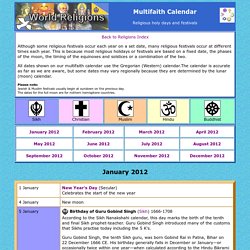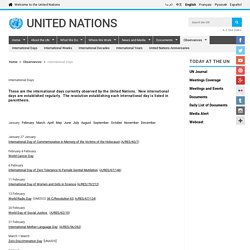

Origins of Christmas Video - History of Christmas. My TV provider is not listed.

Why not? We are currently working on adding more TV providers. Please check back frequently to see if your TV provider has been added. Why do I need to log in to watch some video content? Viewers who verify their subscription to a TV provider get access to a deeper catalog of video content, including more full episodes. I am able to watch on TV. This service is only available through participating TV providers. How much does it cost to access all of the video content? Accessing video content is free, however, you will need to verify your TV provider subscription by logging in in order to access all of our video content. Can I watch videos if my TV provider isn't currently supported?
Yes! What kind of programming is available if I log in? You will get access to more full episodes than ever before. How often is new video added to the website? There will be new episodes and web exclusives added every day. How quickly does a new episode get added after it airs on TV? The Christmas tree: From pagan origins and Christian symbolism to secular status. Updated A Christmas tree adorned with ornaments and lights is a centrepiece of the festive season.

But have you ever wondered where the tradition comes from? Evergreen trees and plants have been used to celebrate winter festivals for thousands of years, long before the advent of Christianity. Pagans in Europe used branches of evergreen fir trees to decorate their homes and brighten their spirits during the winter solstice. Early Romans used evergreens to decorate their temples at the festival of Saturnalia, while ancient Egyptians used green palm rushes as part of their worship of the god Ra.
"The idea of bringing the evergreen into the house represents fertility and new life in the darkness of winter, which was much more of the pagan themes," Dr Dominique Wilson from the University of Sydney said. "That's also where the ideas of the holly and the ivy and the mistletoe come from because they're the few flowering plants at winter so therefore they hold special significance. Religious Festivals Calendar.
Makar Sankranti / Lohri (Hindu) Sankranti means to go from one place to another place (to change direction).

It also means one meets another. The time when the sun changes direction from one constellation (of the zodiac) to another is known as Sankranti. It is celebrated in mid-winter and marks the transition of the sun from the Sagittarius to Capricorn during the winter solstice in the Northern Hemisphere. People take dips in rivers and worship the Sun God especially in the holy Ganges river.
The dip is said to purify the self and bestow "punya". Pongal (Hindu) Harvest Festival Pongal is one of the most popular harvest festival of South India, mainly Tamil Nadu. Department of Social Services, Australian Government. Christmas Traditions, Past and Present - History in the Headlines. My TV provider is not listed.

Why not? We are currently working on adding more TV providers. Please check back frequently to see if your TV provider has been added. Why do I need to log in to watch some video content? Viewers who verify their subscription to a TV provider get access to a deeper catalog of video content, including more full episodes. I am able to watch on TV.
This service is only available through participating TV providers. International Days. Welcome to the United Nations International Days These are the international days currently observed by the United Nations.

New international days are established regularly. The resolution establishing each international day is listed in parenthesis. January February March April May June July August September October November December January 27 January International Day of Commemoration in Memory of the Victims of the Holocaust (A/RES/60/7) February 4 February World Cancer Day 6 February International Day of Zero Tolerance to Female Genital Mutilation (A/RES/67/146) 11 February International Day of Women and Girls in Science (A/RES/70/212) 13 February World Radio Day (UNESCO 36 C/Resolution 63; A/RES/67/124) 20 February World Day of Social Justice (A/RES/62/10) 21 February International Mother Language Day (A/RES/56/262) March 1 March Zero Discrimination Day [UNAIDS] 3 March.